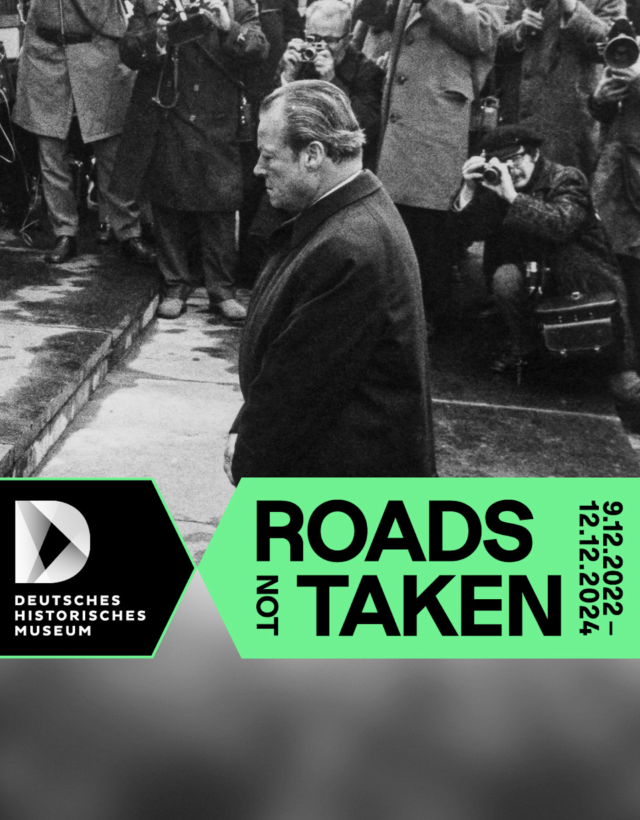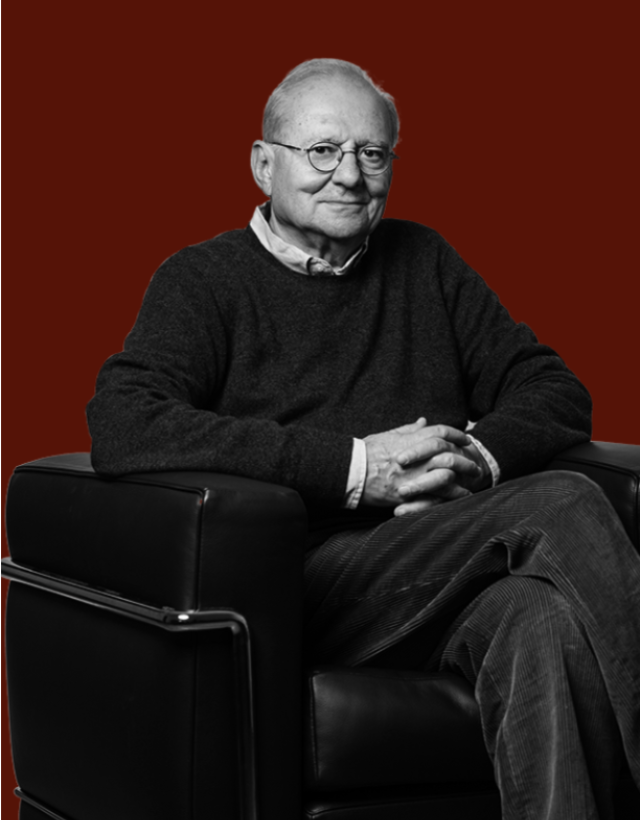Martin Clemens Winter was born in 1981 in Nordhausen, Thuringia. After his civil service at the Mittelbau-Dora Concentration Camp Memorial Site, he studied History, Sociology and Communications- and Media Science in Leipzig. His PhD thesis on the Death Marches was awarded with the Stanislav Zámecník Research Award of the Comité International de Dachau in 2018.
Winter worked in historical-political education and exhibition projects. For more than ten years, he is engaged in the Leipzig Nazi Forced Labour Memorial, which is based on the premises of the former HASAG headquarters. In 2016, he curated the present exhibition in the Memorial. From 2017 to 2020, he worked for the Lord Mayor of the City of Leipzig with a focus on memorial events and culture of remembrance. In 2020, Winter held a post-doctoral research grant of the Fritz Bauer Institute Frankfurt am Main with a project about the international prosecution of Nazi crimes committed by HASAG staff.
Corporate Culture, Forced Labor and Mass Murder at the HASAG armaments company from Leipzig
In World War II, the Leipzig-based Hugo Schneider AG (HASAG) was one of the biggest armaments manufacturers and at the same time one of the most ruthless profiteers of forced labor in the “German Reich” and occupied Poland. In its murderous slave labor camps in the “Generalgouvernement”, up to 25,000 Jews lost their lives. Tens of thousands of civil laborers, prisoners of war, and concentration camp inmates from all over Europe were forced to work in the production of ammunition in Leipzig and a number of branch factories.
In parallel, the HASAG, a wartime “model plant”, was well-known for its explicitly National Socialist corporate culture regarding the German employees.
After the war, nearly 100 staff members stood trial in German and international tribunals due to accusations of crimes against humanity and similar offences.
The post-doctoral research project will raise the question, how dynamics of National Socialist inclusion and exclusion were mutually dependent in this big private armaments company: How were Nazi corporate culture, radical use of forced labor and mass murder of Jews connected?
Furthermore, it will examine a second desiderate – the internationally entangled prosecution of these crimes, which lasted until the 1980s.
With the Alfred Landecker Lecturer Program, research on these topics will be conducted at Leipzig University in a publicly noticeable process.


